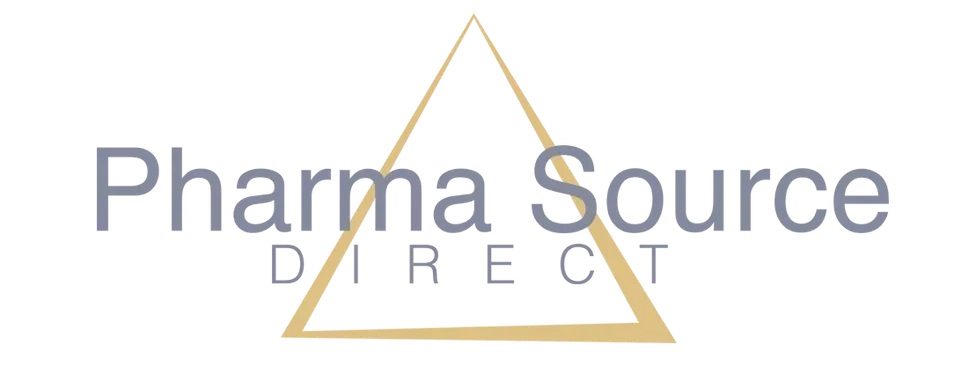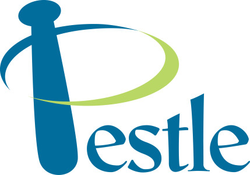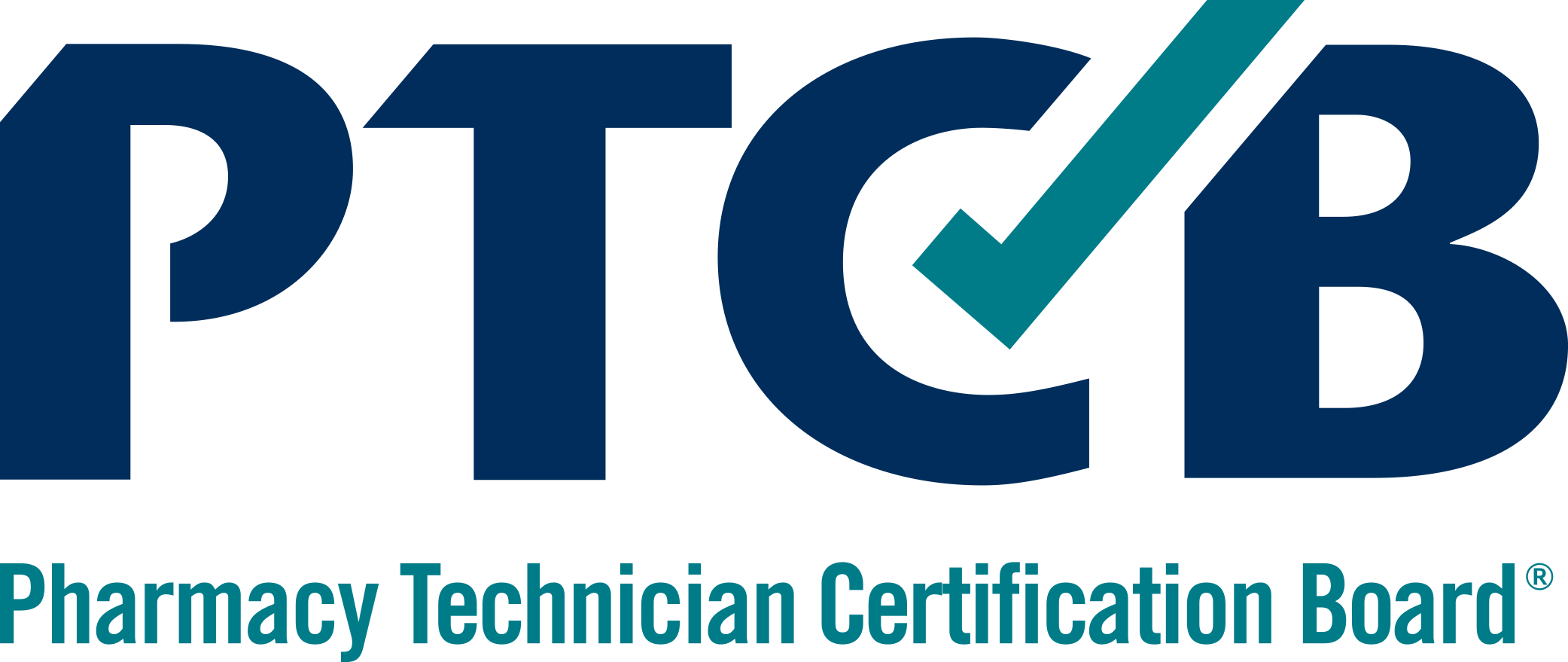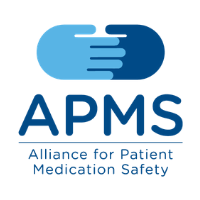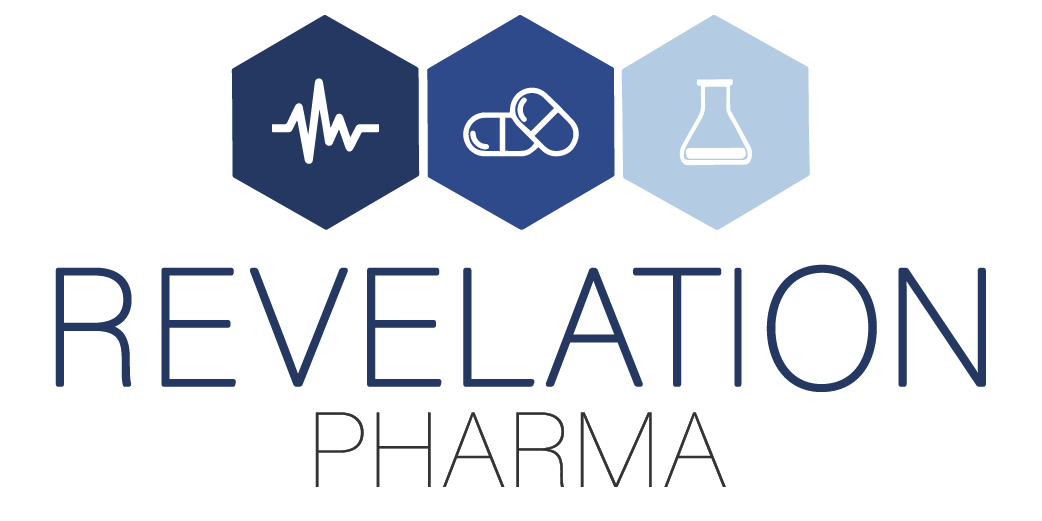June 12, 2020
APC provides support for members on ‘outrageous’ ESI recoupment
“It looks like a shakedown to me.” – Jeff Baird, Brown & Fortunato
Many compounders recently have received a recoupment notice from ESI regarding Tricare/CHAMPUS compounded prescriptions. ESI is alleging that the prescriptions are fraudulent because there is no physician/patient relationship indicated. (Based on what we’ve learned, the letters are dated April 7, but postmarked June 1.)
“This issue of Tricare recoupment from ESI is as serious as it was unexpected and sudden,” said APC President Shawn Hodges. “It’s outrageous. But I also know that APC and our sister pharmacy associations are working hard to help our members confront it.”
APC did a quick survey this week of compounders to see how many were affected and to what degree. About 44 percent of respondents received a clawback notice, almost all for 2015 transactions.
Of just the 39 responses we received, members are facing a collective clawback of just under $1 million (or about $25,688 per pharmacy) — again, that’s just 2015 transactions, amounting to about 4,500 prescriptions.
That works out to ESI claiming an average of more than 115 “fraudulent” prescriptions per pharmacy and demanding about $214 per prescription.
APC vice president David Miller of Keystone Pharmacy in Grand Rapids, Mich., pointed out that, in his case, the demand only covered nine months of 2015, and so he suspects that ESI has yet more clawbacks in mind for subsequent years.
(Keep in mind that our survey was not scientific by any stretch – it was simply a quick way of getting at least some baseline data on how these clawbacks are affecting members. The population affected is likely much larger than our 39 respondents.)
The letters have obviously caused a great deal of frustration among compounders. So yesterday APC held a member briefing with attorneys Jeff Baird and Bradley Howard of Brown & Fortunato, and policy expert Ronna Hauser of NCPA. (We hit our Zoom limit of 100 callers, in fact.)
What we know
Purportedly, the directive comes from DoD, not ESI. According to a letter to one pharmacy from Christine Hartman Dunse at DoD Claims Audit, it was the Defense Health Agency that directed ESI to initiate recoupment action for Tricare.
“According to the DHA’s investigation,” Dunse wrote, “the drugs dispensed by your pharmacy to Tricare beneficiaries were written by physicians who DHA concluded had not established a physician-patient relationship with the beneficiaries necessary to write a valid prescription.”
Pharmacists are being asked, it seems, to verify the physician-patient relationship, which obviously is not their job.
ESI is demanding proof that most pharmacies will have difficulty providing. Pharmacists who have contacted ESI were told they must provide proof of a physician-patient relationship — e.g., medical records (!), and “the records must be accompanied with metadata or similar validating facts that substantiate the records creation date.”
Further, ESI wrote, “requirements for medical documentation […] are not satisfied by letters from prescribers attesting to service(s).”
ESI is already beginning recoupments. Several participants said they were already seeing money withheld from their remittances.
What we’re doing
- As we gather information and work with our attorneys and other associations, APC already has some plans in the works for the near future.
- We are working with attorneys to develop a template letter of response for members to use as a starting point when reaching out to ESI or Tricare.
- We are working with associations like NCPA to send a joint letter to ESI and Tricare challenging the substance and process of this recoupment.
- We’ll continue to provide recommendations to members on how to address this issue beyond ESI — with patients, legislators, and even the media.
- We’re weighing a grassroots effort to engage our members of Congress to intervene with Tricare on this issue.
There were many questions raised during yesterday’s briefing call, from class-action lawsuits to issues of due process, that APC will be discussing with the other stakeholders. Of course we’ll keep our members briefed as we learn more.
What you should do
Don’t ignore the letter. “You can’t let this thing go and hope it goes away,” Baird said, even if you don’t think it applies to you.
See your attorney, pronto.
Respond in writing. The letter can come from you or your lawyer, but don’t rely on phone calls or e-mail. “As this goes forward,” Baird explained, “you want that response part of the legal record.”
Make it, Baird said, “the very best audit response your pharmacy has ever put together.” You want a robust response with supporting documentation “that to anyone else, besides a PBM, would be very persuasive.”
Where you can, even though we know it’s not part of your job nor a legal requirement, provide documentation that these patients did see a physician and there was a valid physician-patient relationship. Consider asking the physician to sign an affidavit, or use prescription records to show you had a solid relationship with that physician and thus had no reason to question the validity. The goal, Baird explained, is fixing the problem more than winning the ethical fight.
Make the broader case. Besides the appropriate records, you can consider including more in your response. The goal, Baird said, is to have this response as a part of the legal record.
- Point out that there was no prior notice, and this was contrary to the ESI policy manual and standard practice. Tell ESI, “You’re not following your own policy.”
- Point out that under your state law, you received prescriptions from practicing physicians, and thus had no reason or obligation to question them in the absence of any kind of red flag. “Make the case that these were valid prescriptions, lawfully filled by me as a pharmacy,” Howard said.
- Protest the recoupment by citing the appeal provision in the ESI contract and simple due process: “Waiting five years and then asking you to prove a negative is not a fair burden to put on a pharmacy,” Bradley said. “Had I received this letter back in 2015 or 2016, I would have had a much better chance of being able to find the relevant data in a timely fashion.”
* * *
APC understands the concerns of our members — this kind of unwarranted, surprise money grab by a PBM is shocking any time, but particularly in a stressed economy like today’s.
This is why you joined an association — so we can work together when these kinds of issues arise. It may take a few days or weeks for APC and other associations to gather information, reach out to appropriate agencies and people, and gel our response. But that response will be made stronger by members like you. Don’t forget: You aren’t in this alone.
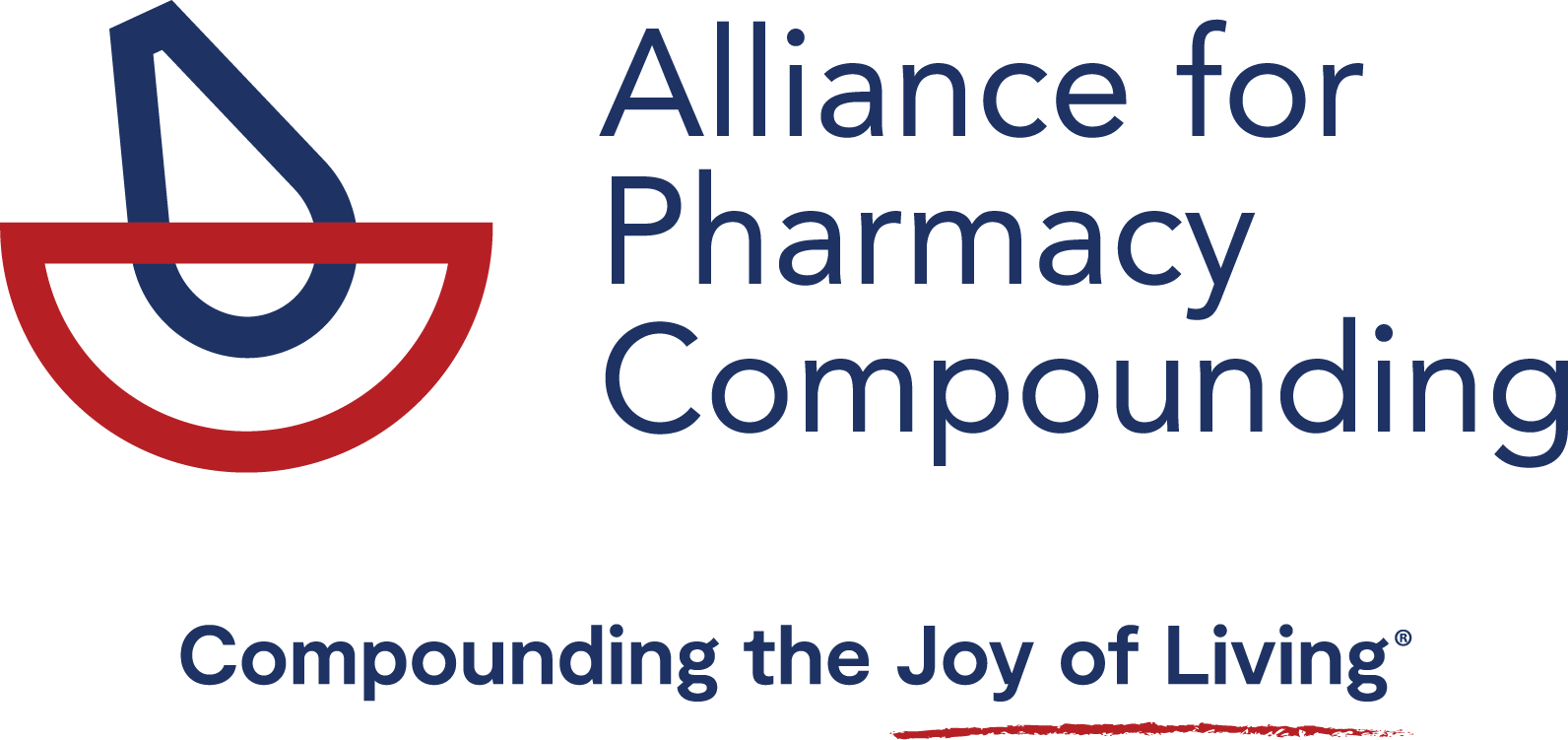








![Topi-CLICK a Division of TEAM Outlines[1]](https://a4pc.org/files/Topi-CLICK-a-Division-of-TEAM-Outlines1.png)


